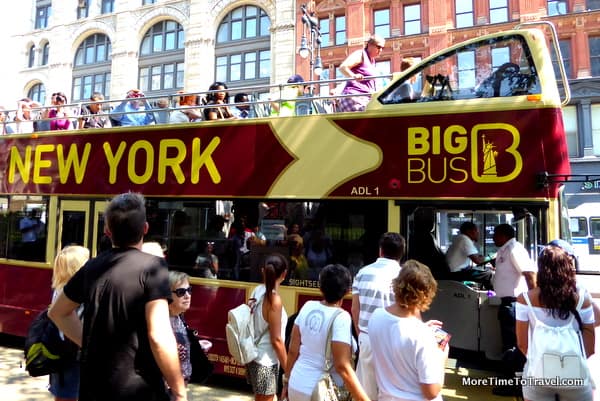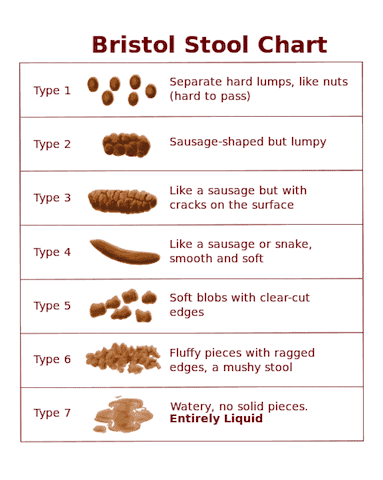December 2021: A Bad Ending To A Very Bad Travel Year

This has been a disappointing month for travelers, the hospitality industry, and travel writers. (I recently wrote about how my not being able to travel for almost two years has affected my psyche.
Things had been looking promising over the past few months. With more shots in arms and infections declining substantially, traveler confidence was growing. We were hopeful for a good travel year in 2022.
However, December (2021) got off to a very bad start when the first confirmed case of the highly infectious Omicron variant surfaced in the U.S. on December 1st.
Since then, we’ve learned that Omicron is far more easily transmissible than both the original virus and the Delta variant. Also, it can be spread by people who are fully vaccinated (and boosted) and by those who aren’t showing any symptoms.
This sobering news was tempered by reassurance from the medical and scientific community that fully vaccinated individuals are at substantially reduced risk of severe illness, hospitalizations, and deaths—-although this hasn’t been firmly established for older persons or those with underlying medical conditions. Of course, this is especially worrisome for those of us over the age of 65.
In a CNBC interview, aviation analyst Brendan Sobie said that Omicron has “hit passenger confidence in ‘travel right now because things are changing every day.’” According to the industry publication Travel Weekly, some travel agents report fewer bookings, more event cancellations, and greater travel reluctance.

December 2021 Travel Setbacks
1- Surge in Flight Cancellations

A surge in flight cancellations around the globe disrupted holiday travel plans for many thousands of travelers. Flight Aware reported 12,873 flight cancellations over the past week and 32,169 flight delays, affecting both domestic and international travelers. Airlines blamed the problems on crew and staff shortages, caused by omicron infections (and weather, to a lesser extent). Not being able to get home is as upsetting as not being able to get where you want to go.
2- Increase in Cruise Disruptions
Even with more stringent health and safety protocols in place (including testing and vaccination requirements), the cruise industry experienced an uptick in the number of cruise ships forced to change their itineraries. Just over the last week, four ships (Holland America Line Koningsdam, Royal Caribbean Odyssey of the Seas, Seven Seas Mariner, and Royal Caribbean Symphony of the Seas) were turned away from ports because of COVID cases being diagnosed onboard.
3- Increase in Passport Fees

The State Department announced an increase in passport fees. Effective December 27, the cost of a new U.S. passport or passport renewal increased by $20. This brings the cost of a first-time adult passport book to $165 (a $130 application fee and a $35 acceptance fee). The cost of renewing an adult passport is now $130.
4- More European Border Closures and Restrictions
Due to increasing infection rates, a spate of border closures and other COVID-related restrictions have been put into place. Travel to Europe has become more complicated because entry and other requirements vary widely from country to country. This requires travelers to keep abreast of constantly changing vaccination, testing, masking, and quarantine policies before planning a trip, and not knowing what the rules will be when they arrive. (The Points Guy website cataloged current requirements five days ago.)
5- At-Home Testing Kit Shortages

Long lines of people around the country waiting at COVID test sites and sold-out pharmacy shelves revealed the deficits in our national testing strategy. While PCR testing is the gold standard, it is slower and more costly than rapid antigen testing. Thus, at-home antigen testing is an essential tool that can help stem the spread of the virus before people travel and mingle with others. (When test kits are available, they sometimes come at exorbitant costs due to price gouging.) The Biden administration has promised to boost the production of these tests so they are more accessible. But not until mid-January is their cost expected to be covered by health insurers, and they’ll be made available at no cost to those without insurance.
Bah humbug! Travelers and the travel industry are all hoping for a better New Year.

This article was previously published on my blog on Forbes.com.





